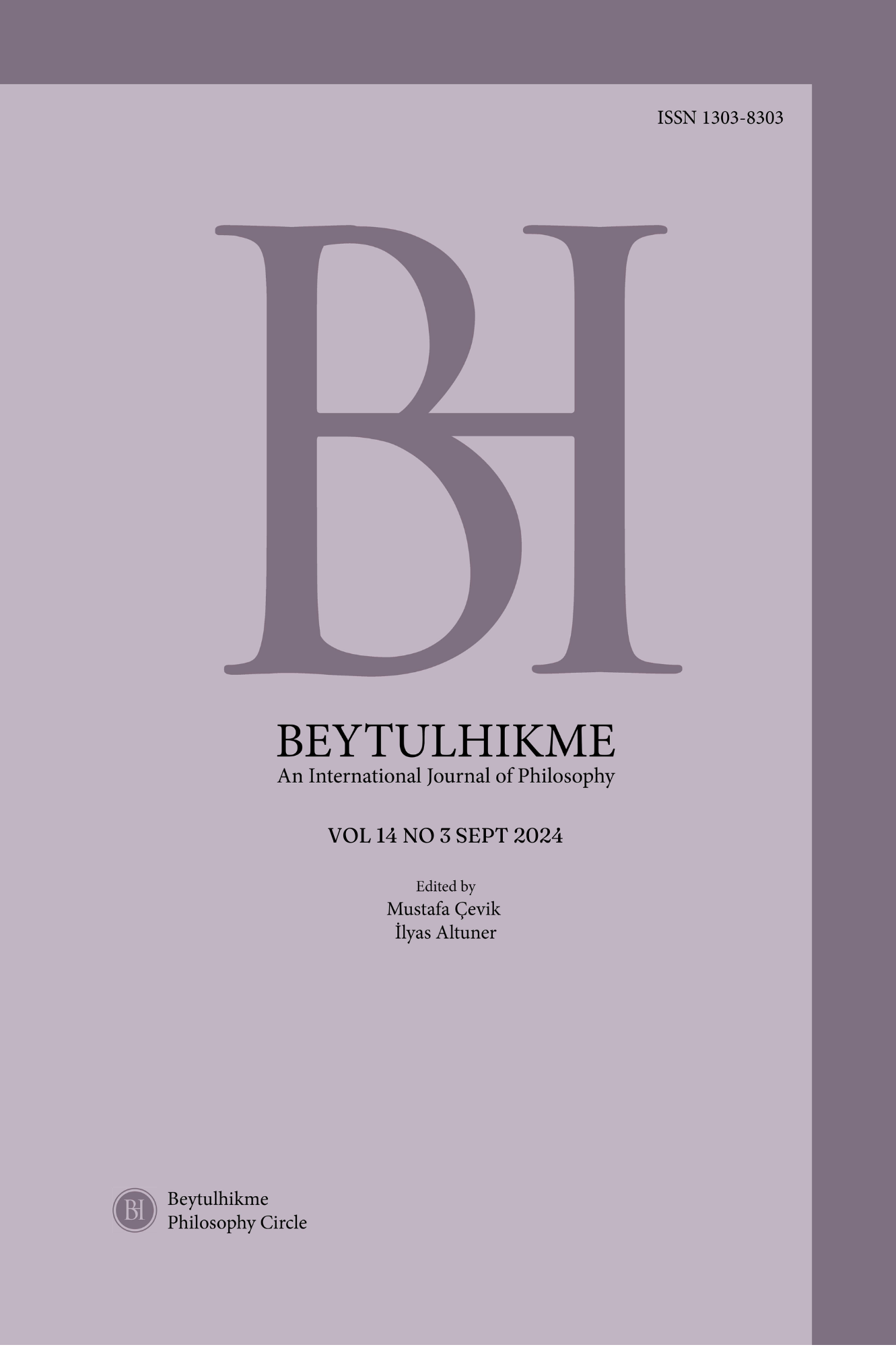Author :
Abstract
Sosyal bilimlerde nesnelliğin, dışarıdan otoriter bir sese dayalı geleneksel yaklaşımların sorgulanması sonucu kavramlaşan otoetnografi, araştırmacının kendi öznelliğini araçsallaştırmasına dayanan bir yöntemdir. Zira, araştırmacının kendi deneyimlerini ve duygularını araştırmanın merkezine yerleştirmesi, otoetnografiyi geleneksel etnografilerden ayıran en belirgin özellik olarak vurgulanmaktadır. Bu çalışma, otoetnografiyi teorik, metodolojik ve etik açılarından ele alarak yöntemin sosyal bilimlerdeki potansiyelini ve bu yöntemle yazılabilecek metinlerin nasıl değerlendirilebileceğini tartışmaya açmayı amaçlamaktadır. Bu bağlamda bu çalışma, sosyal bilimlerde temsilin politikliğine dair tartışmalara katkılar sunmayı, bu yöntemi kullanacak araştırmacıların yaklaşımlarına, karşılaşabilecekleri sıkıntılara ve gözetmeleri gereken etik sorunlara dair genel bir çerçeve çizmeyi amaçlamaktadır. Marjinal olarak kabul edilen, öteki olarak kodlanan ve sesleri akademik metinlerin katı kuralları arasında kaybolan kültürel grupların daha görünür hale gelmesinde etkili bir yöntem olarak kabul edilen otoetnografinin teorik, biçimsel ve etik tartışmalarla ele alınması yöntemin sosyal bilimlerde kullanılması üzerine ortaya çıkabilecek tartışmalara katkılar sağlayacaktır.
Keywords
Abstract
Autoethnography is a method based on the instrumentalization of the researcher's own subjectivity. The fact that the researcher places his/her own experiences and emotions at the center of the research is emphasized as the most prominent feature that distinguishes autoethnography from traditional ethnographies. This study aims to discuss the theoretical, methodological, and ethical aspects of autoethnography, its potential in social sciences, and how texts that can be written with this method can be evaluated. In this context, this study aims to contribute to the debates on the politicization of representation in social sciences, to draw a general framework for the approaches of researchers who will use this method, and to discuss the ethical issues they should observe. Theoretical, formal, and ethical discussions of autoethnography, which is considered as an effective method in making cultural groups that are considered marginal, coded as the other and whose voices are lost among the strict rules of academic texts more visible, will contribute to the discussions that may arise on the use of the method in social sciences.





